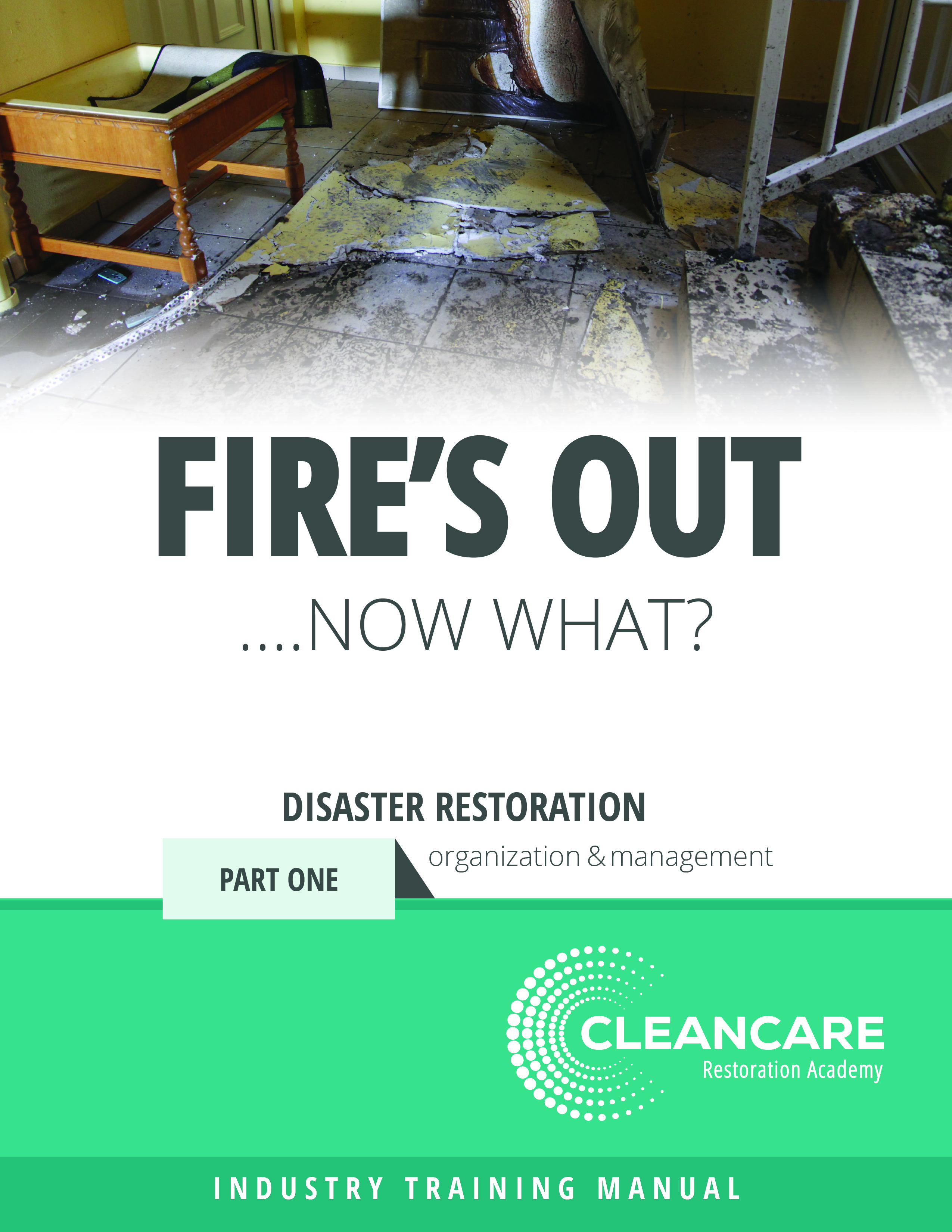Without My Business, Who Am I?

For more than 20 years I’ve been an entrepreneur at heart. After starting and selling five businesses, I discovered my passion was in selling companies, not managing them. The psychology of business owners-what drives their decision to sell, or not to sell-intrigues me. What are their most-desired outcomes? What are their most profound fears? Which fears are business related, and which are more personal?
Restoration company owners are not exempt from these questions. The remediation/restoration business model is one of the most complex in existence. With the ever-present two-headed customer with differing expectations, evolving federal and environmental regulations, the challenge of finding skilled labor, and difficult systems and procedures that are hard to standardize, it’s a complex business.
Due to this complexity, most business owners would prefer not to think about selling or transitioning from their companies. They postpone these pivotal decisions for as long as possible. Certainly there are exceptions. Some owners started their business with an ‘exit strategy’ in place. Others viewed themselves as investors in the business with the singular goal of selling the company as an investment. For them, the emotional barriers between themselves and their businesses are clear. Conversations about selling are easy, even welcomed.
In my experience, investor-type owners are a distinct minority. They are significantly outnumbered by owners who work year in and year out to ensure their businesses perform well. Then, one day, they wake up and realize they want to sell. The result? Many are ill prepared, both practically and psychologically, for what happens during the transaction itself and for life after the sale. They have a difficult time determining exactly where their businesses ends and their personal lives begin.

The Question Only You Can Answer
Six years ago, I valued and brokered the business of an 83-year-old owner who had started his company at the age of 29 in 1949. His name, face and personality were synonymous with the business, so it was with sensitivity that we discussed retirement, hobbies, the joy of family and grandkids, etc. He agreed wholeheartedly about their importance and his desire to sell his company.
Two weeks before we were to sign all the closing documentation, I received a call that I will never forget. In tears, he was clearly struggling with his decision to sell. He finally said with exasperation, “Without my business, who am I?” After 54 years as a business owner, he had no idea who he was supposed to be outside of his company. He later told me that selling his business seemed like death. He absolutely couldn’t comprehend life beyond work.
This scenario may seem extreme but it perfectly illustrates my point. To a degree, every owner must face this question, “Who am I without my business?” I would argue that you are not ready to sell your business until you have reflected on this question.
Business Ownership Comes with Perks
Business has its privileges. I understand. I’ve been there. To some, being the boss brings an ego gratification that may be difficult to give up. As a business owner you are needed, people depend on you and your opinion is paramount. Being the center of attention can become a way of life. I’m not referring to owners who go out of their way to gain attention. I’m referring to the day-to-day management decisions that attract the spotlight. When contemplating a sale, it is troubling when you suddenly realize you won’t be so important anymore.

Answers Are Necessary for Common Questions
There are plenty of other critical issues to explore when considering a sale: business value, taxes consequences and planning, types of professionals to use and to what extent, confidentiality, transition timelines, fees, types and qualifications of buyers, key employees, deal structure, financing feasibility, carry-back notes, premise lease transferability, real estate issues, etc. This list can be overwhelming. In most instances these issues take precedence, as they are front and center in your decision-making.
These logistical concerns (and many others) will be explored as you and your professional team walk through the transition process. Your CPA, business and/or estate planning attorney, business intermediary and a wealth advisor should work together to provide understanding and guidance as you deal with each issue.
With answers in place, confidence and peace of mind swell, allowing you and your family to make accurate and timely sales-related decisions.
Not What You Do, But Who Are You
This is where I see most potential sellers go through deep self-evaluation. Considering these questions early can help ease the transition from your business into the next chapter of your life. Family-related questions may include:
1. How long has it been since I’ve spent meaningful time with my family?
2. Am I a role model for my family members?
3. As a family member, how do I want to be remembered?
4. What have I shown my family to be my priorities?
5. Is there a family legacy I am trying to leave?
On a personal level, questions may include:
1. Do I spend (enough) time on hobbies that I enjoy?
2. Do I find time to express my creativity?
3. What areas of my life are important to me? Do my actions support that?
4. Am I a good friend to those around me?
5. Do I regularly take time to exercise or to create a healthy lifestyle?
6. Am I able to contribute to my community on a regular basis through charities or church affiliations?
Ultimately, without your business, how are you going to contribute or feel needed?

When the Telephone Stops Ringing
Every business owner will have his or her own experience. Here’s a simple example. Last year, a Canadian client successfully sold his business. Due to the extensive restoration industry experience of the buyer, the transition time was short. Just three weeks after the deal closed, he and his wife took a seven day vacation for the first time in more than 20 years. He called me upon his return, trepidation in his voice: “My week was a bit surreal,” he said. “My phone only rang twice in six days, and those calls were from my kids checking up on us! Apparently nobody needed me… nobody cared where I was or when I was going to return. It’s a little odd to feel this way. But I think I can get used to it!”
Many owners approach retirement with ease and grace, welcoming it with open arms. Others struggle as they venture on a quest to discover who they are and what their ultimate purpose is outside of work. Once you have answered the basic financial questions surrounding a sales decision, I challenge you to ask yourself, “Who am I without my business?” The answer will not only assist in your decision-making process and the timing of your sale, but also you may be pleasantly surprised by the answer.
Looking for a reprint of this article?
From high-res PDFs to custom plaques, order your copy today!








